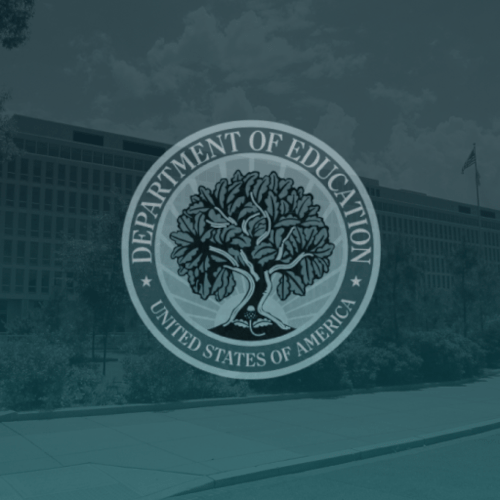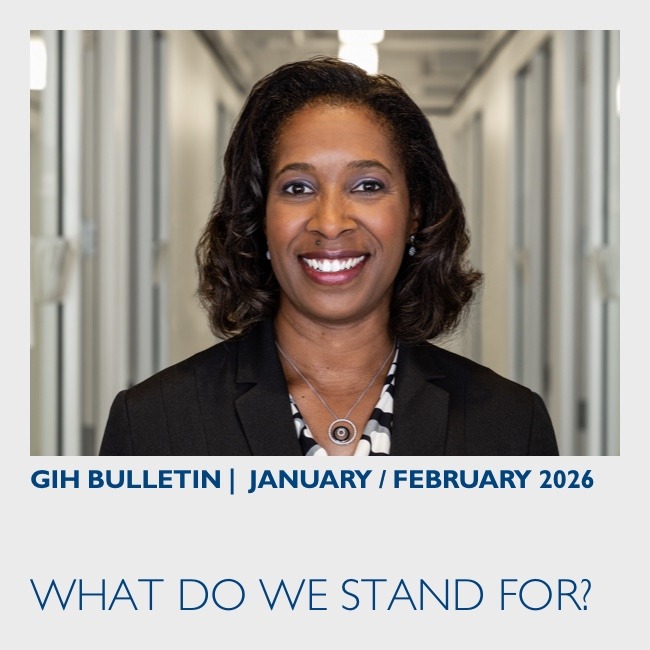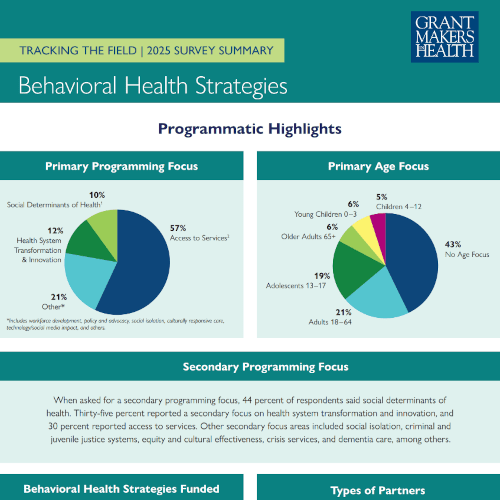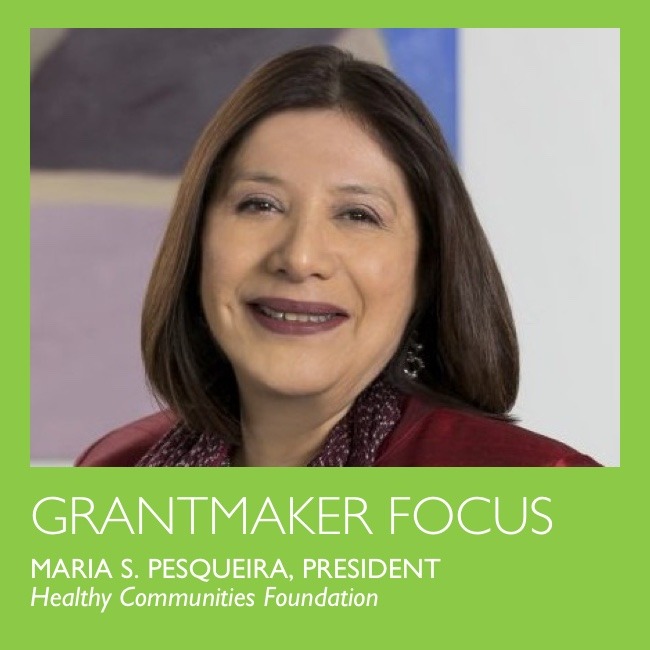On March 2, Grantmakers In Health (GIH) and 39 co-signers submitted a joint letter to the U.S. Department of Education commenting on a proposed rule that would narrow the definition of which graduate programs qualify as “professional degrees” for federal student loan purposes, affecting how much students in certain health fields may borrow.
“Finalizing this rule could make graduate education less affordable and disrupt health workforce pipelines, potentially discouraging students from entering essential health and human-services professions,” GIH President and CEO Cara V. James wrote in the letter. “Excluding these degrees could limit access to advanced training, exacerbate workforce shortages, and increase health inequities across the country.”
2026 Call for Nominations
Nominate a Rising Star for the 2026 Terrance Keenan Institute for Emerging Leaders in Health Philanthropy.
The nomination period is now open! The program emphasizes leadership development, exploration of critical issues facing the field, and building collegial connections that can endure throughout fellows’ careers.
Terrance Keenan Institute fellows will spend two days with seasoned leaders from the field of health philanthropy. The institute will take place October 7-8, 2026, in Washington, DC.
Nominations must be received by Thursday, March 26th.
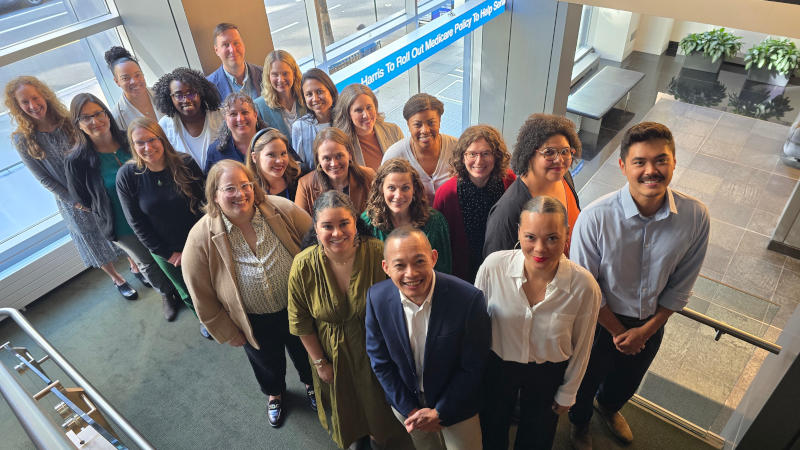
Crisis and Strategic Communications Resources
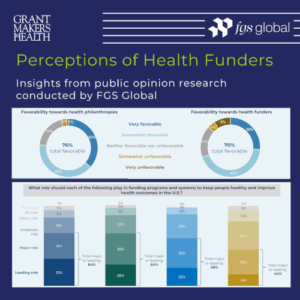
Survey Findings: Perceptions of Health Funders
In July and August 2025, Grantmakers In Health (GIH) conducted research to help health funders better understand how they are viewed by the public. The research included an online survey of engaged voters nationwide and an online focus group with Washington, DC, policy professionals.
An overview of the survey and online focus group findings is now available to all GIH Funding Partners. In addition, this overview was presented on Thursday, November 20, 2025, at the 2025 GIH Health Policy Exchange in Arlington, VA.
Policy and Advocacy Resources
GIH maintains a library of policy and legal strategy resources for its Funding Partners.
Recent resources include:

• Thirty-nine Funders Join GIH in Support of Health Professionals
March 5, 2026• Policy Resource: Regulatory Comment Writing
February 23, 2026• 2026 Health Policy Timeline
February 11, 2026GIH Bulletin + News
Stay Informed!
Sign up to receive the GIH Bulletin and other announcements
Healthy Communities Foundation
“We are deepening our trust-based grantmaking, further aligning our strategy with the learnings and relationships built over years of partnership with community and grantees. Our approach reflects a growing focus on multi-year funding that helps to provide organizations with stability and flexibility to address the root causes of health inequities, strengthen resilient local networks, and advance community-driven solutions that promote health for all. The current public health, economic, and social challenges faced by our partners and the communities they serve highlight the urgency of acting now, while we remain steadfast in our long-term vision of equitable health and well-being for future generations”
Connect and collaborate with peers, learn about opportunities to develop your staff, browse professional growth opportunities, and more.
Staff and trustees of foundations and corporate giving programs may receive strategic guidance from program staff, experts, and peers.
Learning Communities
GIH provides ongoing opportunities for sharing, networking, and collaborating around specific topics or functions in health philanthropy. Each Learning Community uses an online platform plus a mix of webinars, in-person meetings, resource sharing, and surveys to provide an in-depth look at its subject.
Trustee Tools and Resources
Browse trustee-tailored content related to governance, strategy, and effectiveness.

